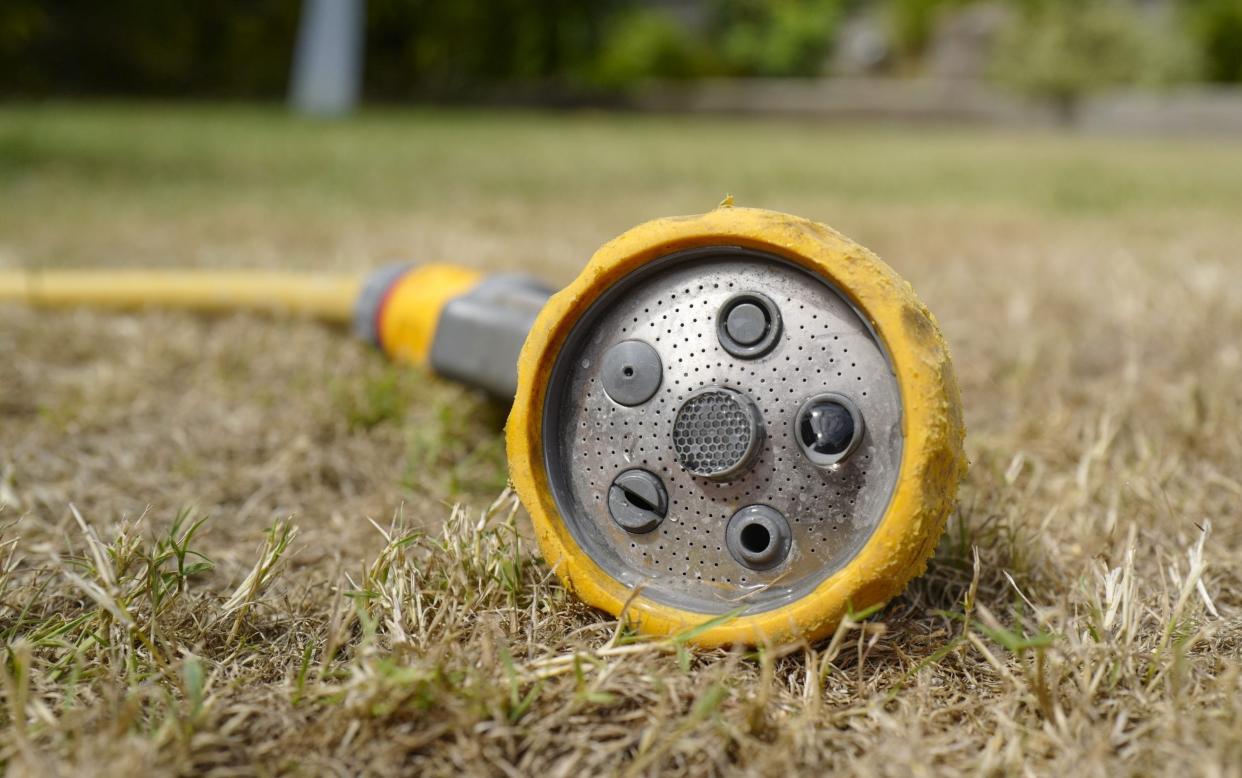Hosepipe bans ‘almost inevitable’ after driest February in 30 years

Hosepipe bans and drought restrictions are “almost inevitable” this year, after England had the driest February in 30 years, meteorologists have said.
England had an average of 15.3mm of rain last month, 23 per cent of its average, making it the driest on record since 1993.
Overall the UK had less than half of its average rainfall for the month, raising the likelihood of drought restrictions returning this summer.
In February, the National Drought Group warned that the UK is one hot dry spell away from returning to widespread drought conditions.
East Anglia, Devon, Cornwall and the Isles of Scilly still remain in drought status with others “recovering”.
Measurements from the University of Reading’s Atmospheric Observatory show last month was the driest February on record for almost 90 years.
“If March remains dry, and March is on average the driest month of the year in Reading, the reimposition of last summer’s water restrictions must be almost inevitable,” said Dr Stephen Burt of the University’s Department of Meteorology.
“Obviously, lots of things can happen between now and the summer,” he said. “But if it remains dry for the next month, I think there would be a lot of alarm bells ringing.”
Bedfordshire, Greater London and Essex are all seeing figures that put last month among the top five driest Februarys on record.
River flow is above normal in only one river, the Lune in Cumbria, according to the Environment Agency’s latest report as of February 21. Groundwater levels are predicted to be normal to below-normal across most of the UK until April.
The majority of England was put into drought status last summer after one of the driest starts to the year on record, leading to hosepipe bans across the country.
‘We cannot rely on the weather’
John Leyland, chair of the National Drought Group, said: “While most water levels have returned to normal across much of the country, low rainfall in recent weeks highlights the importance of remaining vigilant.
“We cannot rely on the weather alone, which is why the Environment Agency, water companies and our partners are taking action to ensure water resources are in the best possible position both for the summer and for future droughts.
“As ever, it is important that we all continue to use water carefully to protect not just our water resources; but our precious environment and the wildlife that depends on it.”

 Yahoo News
Yahoo News 
